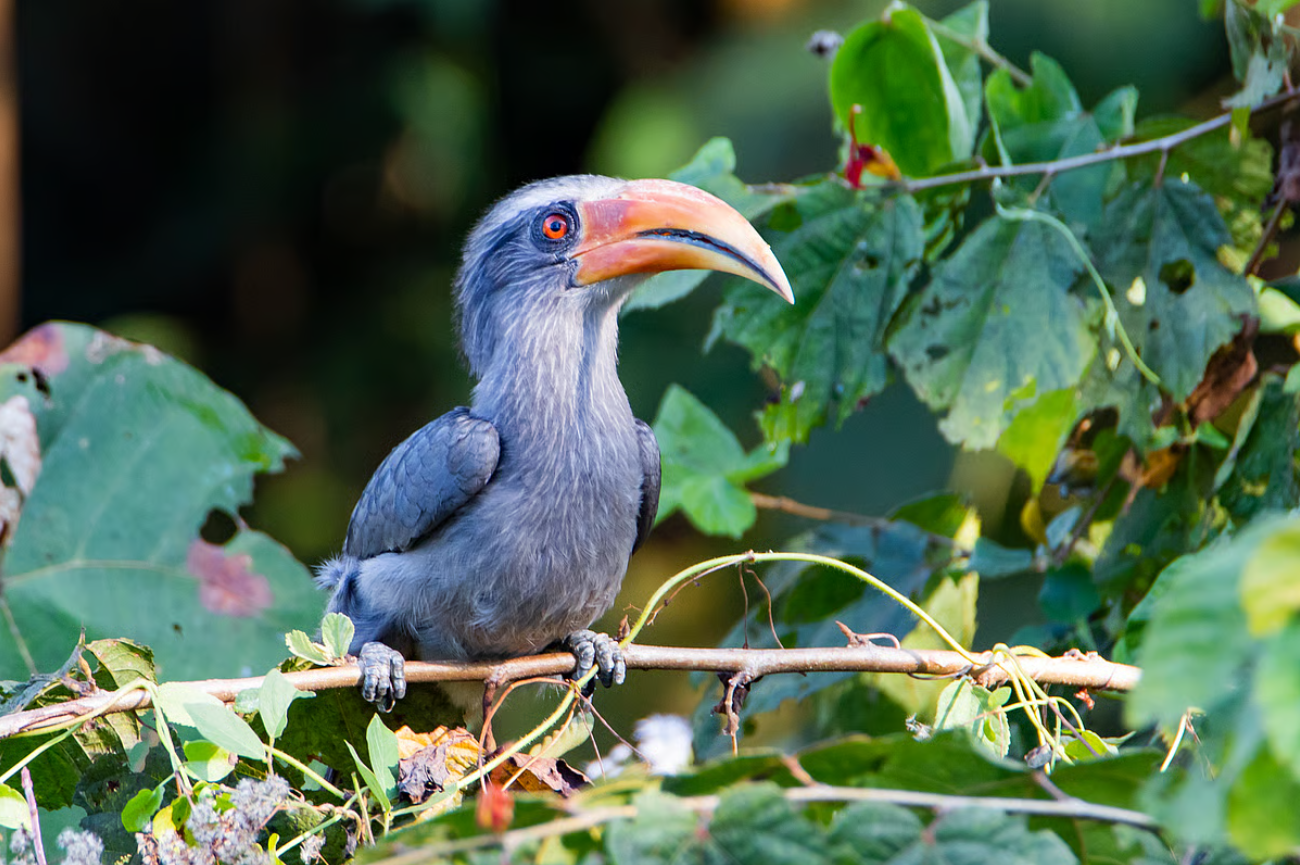Tamil Nadu has taken a landmark step in wildlife conservation by announcing the establishment of India’s first Centre of Excellence for Hornbill Conservation. Located inside the lush Anamalai Tiger Reserve in Coimbatore district, this centre will focus on protecting and preserving hornbill species that play a crucial role in maintaining the health of tropical forests across Asia. These iconic birds are not just visually striking but are also essential seed dispersers that help regenerate forests, making them vital for biodiversity.
The government has allocated one crore rupees from the Endangered Species Conservation Corpus Fund to support the centre’s establishment. This financial push will enable scientists, conservationists, and forest officials to undertake long-term research and focused conservation strategies. The centre will work to protect four hornbill species found in the Western Ghats the Great Hornbill, Malabar Grey Hornbill, Malabar Pied Hornbill, and Indian Grey Hornbill. These birds face growing threats from habitat loss, climate change, and deforestation, making this intervention urgently needed.
What sets this project apart is its blend of cutting-edge science with deep community involvement. The conservation model includes habitat mapping, nest monitoring, and restoring degraded forest patches with native fruiting trees that hornbills rely on. Fig and canarium trees, for instance, are essential for their diet and nesting needs. Alongside these efforts, the centre will collaborate with institutions like the Salim Ali Centre for Ornithology and the Nature Conservation Foundation to conduct ecological studies and evaluate how climate patterns are impacting hornbill populations.
The Anamalai Tiger Reserve was chosen for its rich biodiversity, strong conservation history, and proximity to tribal communities who have long coexisted with nature. The reserve is already home to endangered species such as tigers, elephants, and lion-tailed macaques, and now it will also serve as a critical refuge for hornbills. The government believes this setting will allow for both scientific work and meaningful community partnerships.

Local communities are not just bystanders in this initiative. They will be actively involved through nest adoption programs, educational visits, and sustainable livelihood schemes like seed collection. Scholarships and training sessions for forest guards and school programs are also planned to build a culture of conservation from the ground up. This grassroots approach ensures that conservation becomes a shared responsibility and not just a policy on paper.
Hornbills have long been revered in Indian culture, particularly in the Northeast where the Great Indian Hornbill is celebrated as a symbol of courage and wisdom. It is the state bird of Arunachal Pradesh and Kerala, and its image is often seen in traditional attire and ceremonies. Nagaland’s famous Hornbill Festival, named in the bird’s honor, reflects how deeply it is woven into regional identity. Conservation here is not just about protecting a bird but preserving an entire way of life that respects and celebrates the natural world.
India is home to nine hornbill species, five of which are listed as Vulnerable by the International Union for Conservation of Nature. The threats they face are urgent, but this initiative signals a turning point. By combining cultural respect, scientific rigor, and local engagement, Tamil Nadu’s hornbill conservation centre could become a blueprint for similar efforts across the country.
This new centre is more than just a facility. It is a promise to protect the sentinels of our forests, ensure their survival for generations, and create a model of conservation that blends nature, science, and community.
For more on nature initiatives, wildlife updates, and sustainable travel stories, follow Travel Moves on Instagram and Facebook.








